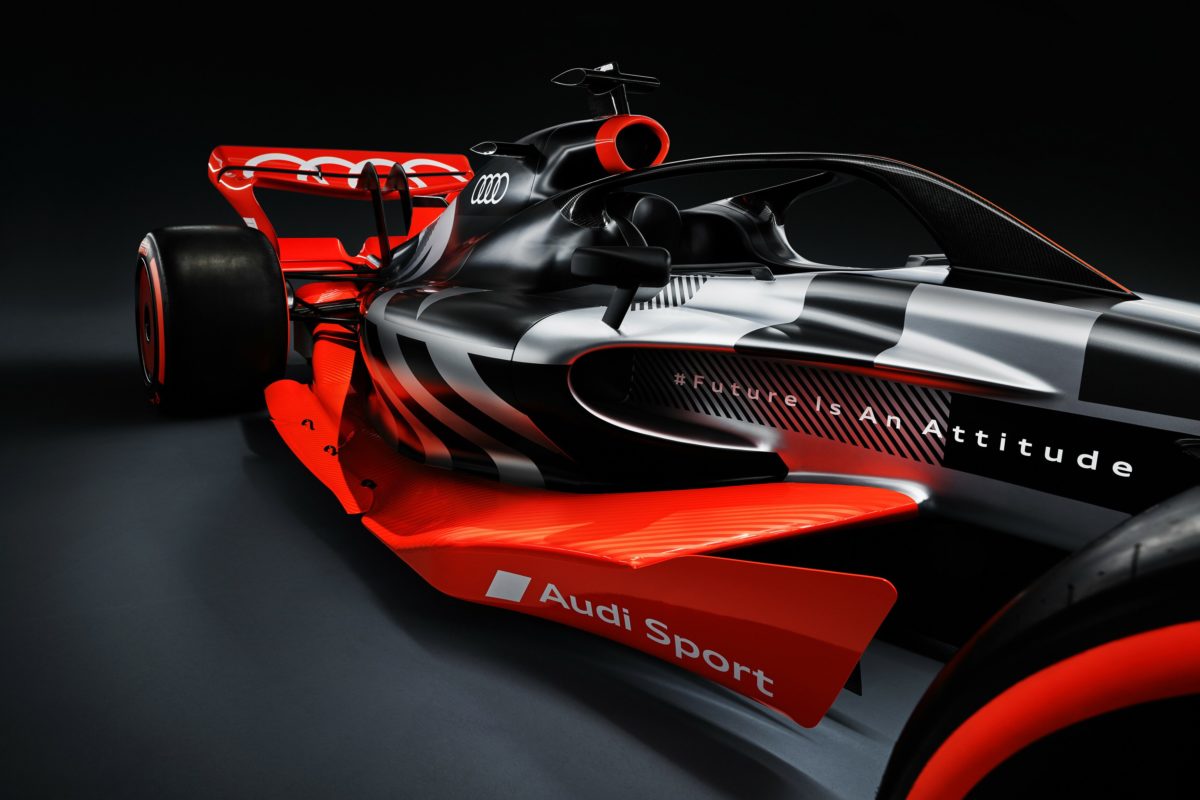

Audi has confirmed that it will partner with Sauber when it enters Formula 1 in 2026.
The news was widely expected after the German marque announced in August its intention to join the grid as a power unit supplier.
It has entered a “strategic partnership” with Sauber with plans to acquire a stake in its parent company, Sauber Group; a deal which will see the squad compete as the Audi factory team from 2026.
“We are delighted to have gained such an experienced and competent partner for our ambitious Formula 1 project,” said Oliver Hoffmann, Audi AG Board Member and Responsible for F1 Programme.
“We already know the Sauber Group with its state-of-the-art facility and experienced team from previous collaborations and are convinced that together we will form a strong team.”
Finn Rausing, Chairman of Sauber Holding, added: “Audi is the best partner for the Sauber Group.
“It is clear that both companies share the same values and vision. We are looking forward to achieving our common goals with a strong and successful partnership.”
The addition of Audi in a factory capacity will see it join the likes of Mercedes, Ferrari, McLaren, Aston Martin, and Alpine (Renault) who already have a constructors presence on the grid.
“It is great news to hear that Audi will have a partnership with Sauber for their entry into Formula 1 in 2026,” said Formula 1 CEO Stefano Domenicali.
“The combination of those two names is a very exciting prospect for our sport.
“It highlights the strong momentum that Formula 1 has and the belief in our strategy to further grow and enhance the sport while delivering on our sustainability plans to be Net Zero Carbon by 2030 with advanced sustainable fuels in the cars in 2026.
“We look forward to seeing their progress over the coming years and the car on the grid for the team’s first race.”
The Hinwil-based operation will continue competing with its supply of Ferrari power units until the next generation of regulations are introduced in 2026.
Formula 1 will simplify the current power unit regulations by eliminating the MGU-H while increasing the emphasis on electrification and introducing sustainable fuels.
The rules have been designed in an attempt to lure new manufacturers into the sport. And it has already worked, as demonstrated by Audi’s commitment.
Already there are limitations on the scale of the development which can be employed, especially surrounding test bench hours.
A manufacturer looking to homologate a power unit for use in Formula 1 must adhere to those regulations else its submission will be rejected.
That means the likes of Audi cannot simply throw unlimited resources at its project before then formally joining the sport in 2026.
Sauber entered Formula 1 in 1993 with support from Mercedes, and in the mid-2000s became the BMW factory team.
More recently, it has operated under the Alfa Romeo banner, a naming rights deal for the Swiss operation.




















Discussion about this post